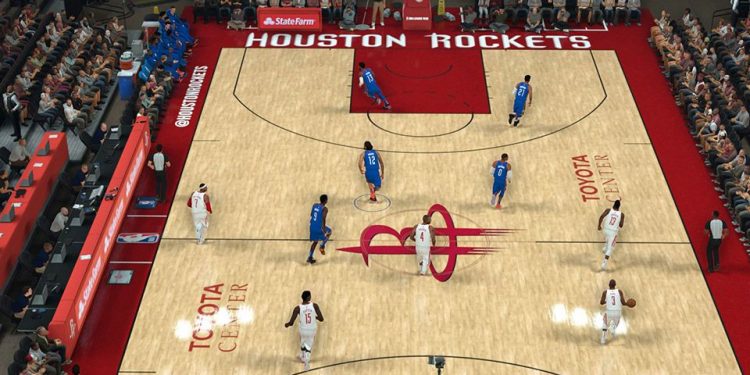In my opinion, the punishment was properly determined. Racism and discrimination of any kind has no place in the NBA, in any professional sport, in any business setting, or in any society in our world. It is highly appropriate that Commissioner Adam Silver handed down such a strong penalty. Millions of young people watch the NBA, and I feel it is necessary to denounce Sterling’s views and actions literally, financially and symbolically both to defend the legitimacy of the NBA and to send the correct message to the youth of the world.
My only criticism of the decision is that the financial penalty is not nearly high enough. I understand that the penalty is the highest allowed under the NBA constitution, but they should amend it for cases like these. The $2.5 million cap should be raised to adjust for economic developments that have occurred over the years. NBA owners take in hundreds of millions of dollars. Sterling himself is “worth” roughly $1.9 billion, so a $2.5 million fine amounts to little more than an inconvenient parking ticket in terms of his wallet. The rule should be left unchanged for players, since their salaries are significantly lower, and a fine any higher than the current maximum would be considered absurd in terms of its financial impact. One reporter asked if the NBA would consider amending the rules of conduct for the owners, but Silver indicated no such intention at this time.
The general response to the penalty has been strongly positive, with current and former NBA players sounding their approval. The National Basketball Players Association was emphatic at their press conference Tuesday that there is no place in the league for discrimination or intolerance of any kind. The only remaining demand to be addressed is that the vote to remove Sterling take place as quickly as possible. Adam Silver made a personal commitment to having the team sold and indicated that he had complete confidence that the owners would collectively agree.
However, there is one wrinkle to address in such a move. Mark Cuban indicated that he wholeheartedly agreed that Sterling’s beliefs were “abhorrent,” but he did not know that removing him as the property owner of the Clippers was wise. He argued that it set a dangerous precedent for removing owners for their private beliefs should they become public, which raises First and Fourth Amendment issues about free speech (or in this case belief) and property. Yet from a legal perspective, such an action is perfectly permissible, as the NBA is a private group that Sterling participated in accordance with certain codes of conduct. His actions violate that code outright, and so the league is perfectly within its rights to remove him for conduct detrimental to the league, both financially and symbolically.
This scandal was the first significant test for the new Commissioner. The former Commissioner, David Stern, faced numerous trials-by-fire during his tenure, ranging from violent brawls to instances of gambling. Arguably, Silver’s first test was more difficult than anything ever faced in the NBA before in terms of magnitude, but from his comments one can see that the decision itself was quite simple. As Silver said, the NBA is one of the most inclusive associations on Earth, and is deeply committed to tolerance. When one of its members expresses views intolerant of other races, creeds or cultures, the response is clear: that individual is not welcome in the NBA community.





